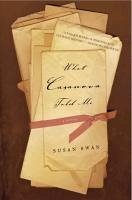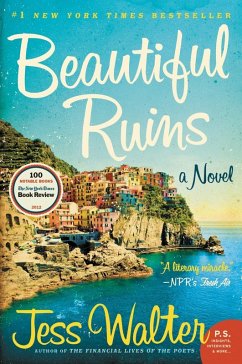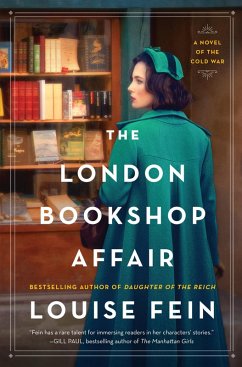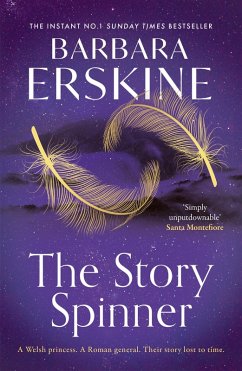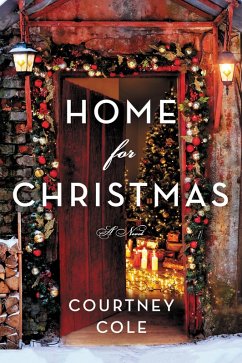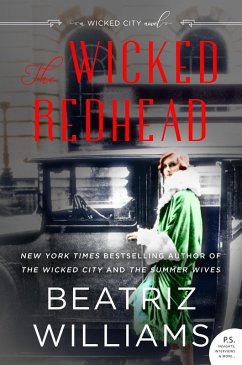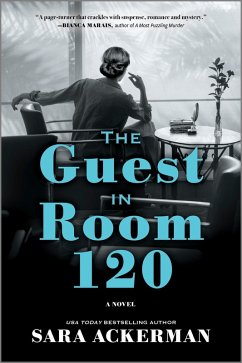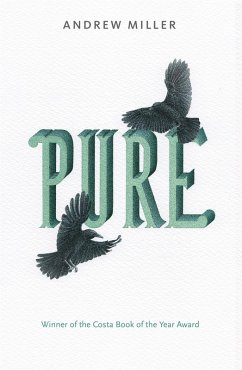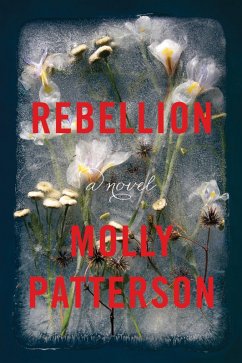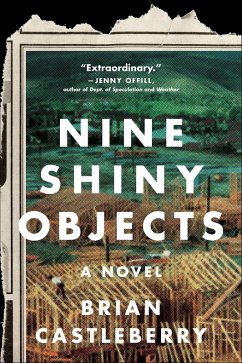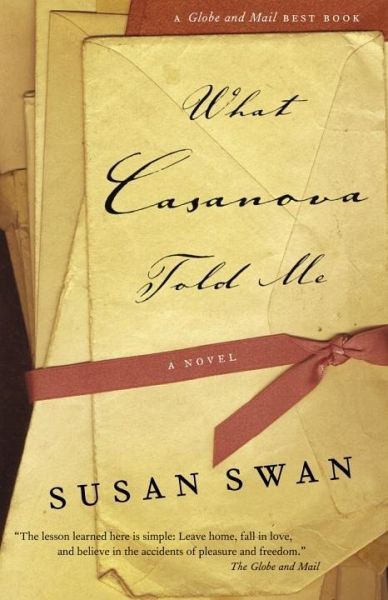
What Casanova Told Me (eBook, ePUB)

PAYBACK Punkte
4 °P sammeln!
What Casanova Told Me links two women's journeys across two centuries, through a long lost journal. On her way to the Mediterranean, Luce Adams doesn't expect her life to be much affected by her travels, let alone drastically altered. She's heading to a memorial service for her mother, Kitty, who died two years earlier in a car accident on Crete, while she was researching Minoan culture. Shy and awkward, Luce has never been able to handle her mother's adoring circle of academics and goddess-worshippers or her mother's lover, Lee Pronski, who talked Luce into going on the trip. Following Lee's ...
What Casanova Told Me links two women's journeys across two centuries, through a long lost journal. On her way to the Mediterranean, Luce Adams doesn't expect her life to be much affected by her travels, let alone drastically altered. She's heading to a memorial service for her mother, Kitty, who died two years earlier in a car accident on Crete, while she was researching Minoan culture. Shy and awkward, Luce has never been able to handle her mother's adoring circle of academics and goddess-worshippers or her mother's lover, Lee Pronski, who talked Luce into going on the trip. Following Lee's itinerary through Italy and Greece on the way to Crete, hitting all of Kitty Adams's favourite places, only serves to remind Luce of how far she was from the centre of her mother's life. Despite the efforts of Kitty's old friends, it's an emotional distance that no number of healing rites or goddess figurines can help Luce overcome. The only part of the journey that holds Luce's interest is her role as a courier, delivering a package of old family papers to a museum in Venice. The eighteenth-century documents a travel journal kept by Luce's ancestor Asked For Adams, a manuscript written in what appears to be Arabic, and some precious letters written by Casanova had been discovered in the family's cottage on the St. Lawrence, and were recently authenticated by a Harvard expert. Luce, an archivist, was the natural person to entrust with their safe delivery. And as she discovers upon cracking open Asked For's journal, Luce is also the one person who truly needs to read the young Puritan's story not only to get to the bottom of what happened to her ancestor, who disappeared one night in Venice, but also so she can begin to understand what it means to lead a passionate life. Luce's reading mirrors our own, as the journal and letters are woven into the novel and give life to the second narrative of What Casanova Told Me. In 1797, Asked For Adams travels to Venice with her father and her intended husband, the stiff and unimaginative Francis Gooch, on a trade mission. Arriving at night by public barge, Asked For is intrigued by the eccentrics they encounter on board especially a ridiculously wigged old woman named Countess Flora Waldstein. But the charming countess is in fact Giacomo Casanova, disguised to avoid the authorities, and when the two meet up again at Venice's historic belltower, their destinies begin to intertwine. Upon the unexpected death of her father, Asked For abandons Francis and accepts Casanova's invitation to join him on a romantic quest to Constantinople. Her travel journal, kept in the style of the French novels that she so admires, tells the rich and exotic tale of their search for great love. Using Asked For's journal as a guide, Luce travels through Venice, Greece and Turkey, and begins to see how she can seize experience and come to terms with her mother's love for her and for Lee. And as the journeys of the two women converge, Luce finds her own way of moving through the world, Asked For learns what it means to live an ideal life, and both discover the brilliance, passion and generous spirit of the great Casanova. What Casanova Told Me has received rave reviews. The novel was a finalist for the 2004 Commonwealth Writers' Prize, Canada and Caribbean Region, and was picked as one of The Globe and Mail's top books of 2004. It was also selected as one of the top ten books of the year by the Calgary Herald, the Sun-Times, and Toronto's NOW magazine. Maclean's named Asked For Adams one of the five best fictional characters of 2004 and called her the utterly charming core of Susan Swan's parallel-track historical novel.
Dieser Download kann aus rechtlichen Gründen nur mit Rechnungsadresse in A, B, BG, CZ, D, DK, EW, E, FIN, F, GR, HR, H, I, LT, L, LR, NL, PL, P, R, S, SLO, SK ausgeliefert werden.




